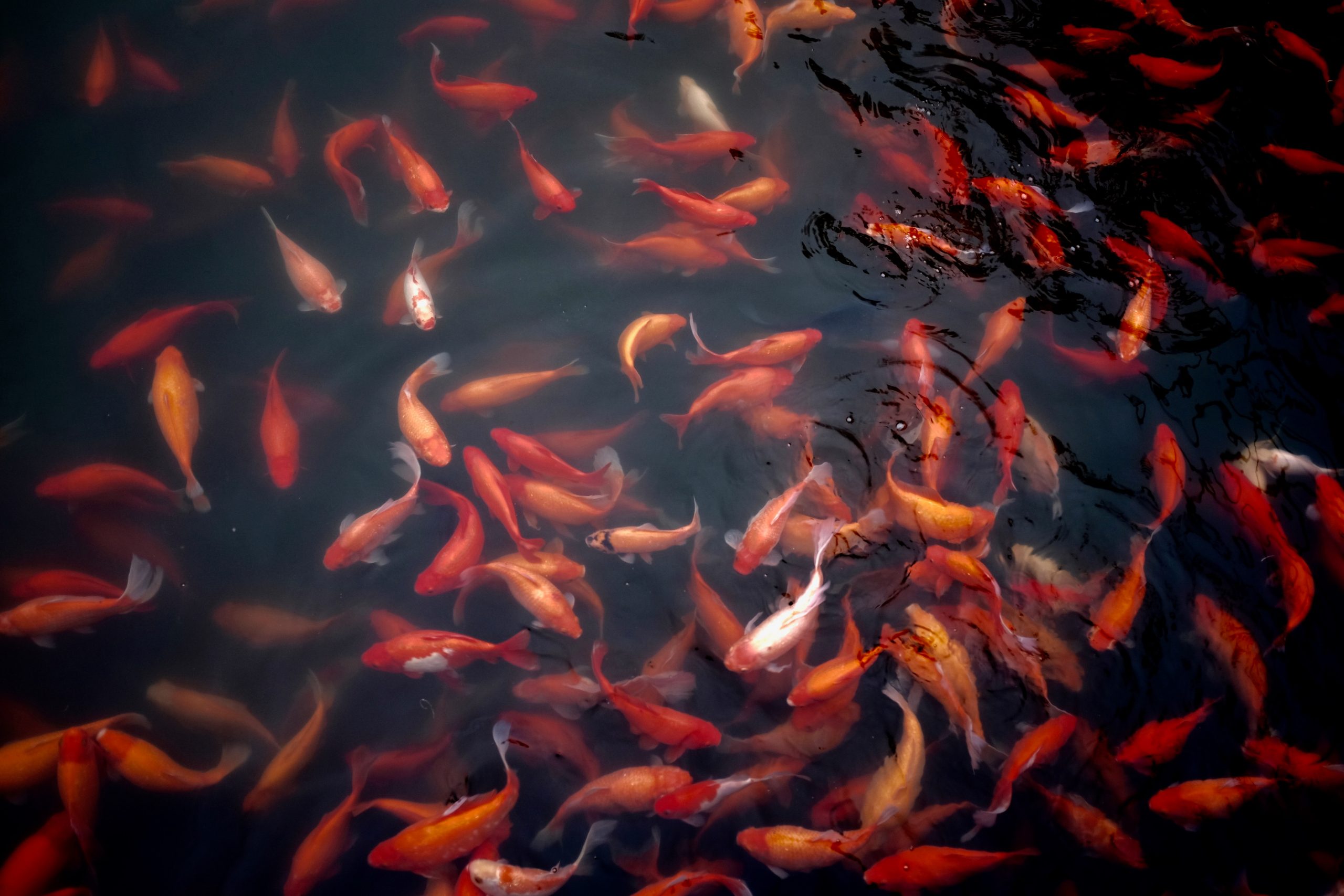Photo by Jeremy Cai on Unsplash
In the midst of a year overrun with a pandemic, a wave of protests against police brutality, systemic racism, and the ever worsening effects of the climate crisis, I think it’s fair to say human relations have taken a serious hit. The prominence of digital communication isn’t quite enough to fight the effects of isolation, political and social divide seem more entrenched than ever. Even groups of people rallying for incredibly valuable causes like the climate or antiracism are falling victim to infighting and lack of unity. So how do we avoid further division? How do we unite without dividing or ostracizing?
When discussing this month’s theme, we thought about the concept of unity, togetherness. It’s a beautiful idea but ultimately we decided it wasn’t exactly what we wanted to celebrate. Because what is more beautiful than ignoring differences to unite is seeing these differences and allowing them to exist, to take space between us.
Interestingly (at least to me, but I’m a bit of an etymology nerd), community and unity come from different latin words. Same root, but a clear difference in meaning. Unity comes from unus, one, whereas community comes from communis, common. And to me, that subtle difference is the key to the strength and the beauty of community. It doesn’t require the individual to join a unit, as much as it encourages them to find a commonality around which to rally. Not we are one, but we are together.
The essence of community that I’m fascinated with is that tension between unity and difference. Community implies proximity and a common sense of purpose, principles shared with others who otherwise may or may not be similar to you.
In How to Be an Antiracist, Ibram X Kendi highlights the differences between segregation, assimilation and antiracism. Segregation uses differences to justify discrimination and oppression. Assimilation seeks to erase differences and uphold the oppressor as the ideal to which all should aspire. Antiracism sees differences, accepts and celebrates them.
So perhaps the key to creating a lasting community is to accept and celebrate differences between individuals, and to recognise that these differences will lead to discussions, disagreements, and maybe even conflict.
I shy away from confrontation because I don’t feel confident in my opinions or my ability to express them. In the past, that’s led me to silence myself and to want unity and homogeneity and tolerance above all else. Don’t criticise, don’t clash, don’t express yourself too much.
I was able to hold these views because my humanity and my basic rights weren’t being questioned.
I could stay silent because I was ignorant of the pain that makes speaking out necessary, a tool for survival.
My silence was complicit and my desire for a quiet calm and peaceful world hinged on the persistent oppression of others. Others whose lives, whose desires, whose humanity I did not value as highly as I did my own.
I am starting to understand that confrontation can be a powerful thing. Differences of opinions spark discussions, creativity, worldviews and ambitions I couldn’t have dreamt of.
I am learning to determine when confrontation is an opportunity to engage with new ideas and when confrontation is necessary to allow lives to be lived and breaths to be breathed.
I am hoping I can use my voice to fight against conflict that kills and to contribute to conflict that creates.
I’d like to propose a metaphor because as previously stated I am a nerd, and if there’s one thing I love more than etymology, it’s figures of speech that rope in wildly unrelated topics. So let’s think for a second about gravity. About how gravity brings all objects with mass together but if left unchallenged by other energies, brings about destruction (don’t take my word for it, I’m paraphrasing Stephen Hawking’s A Brief History of Time).
According to the laws of physics, if the universe wasn’t expanding as rapidly as it is, gravity would eventually take over and cause the universe to shrink back to an infinitely dense state. A reverse Big Bang, named the Big Crunch (which I think sounds a bit like a brand of cereal but that’s off topic).
Gravity brings objects together, community brings people together.
But it’s the external forces, the momentum with which we’re moving, our differences that stop us from shrinking and merging into a single point of infinite density.
Staying unique, accepting conflict and friction allows us to stay human. To expand our worldview as our universe is expanding.


Recent Comments